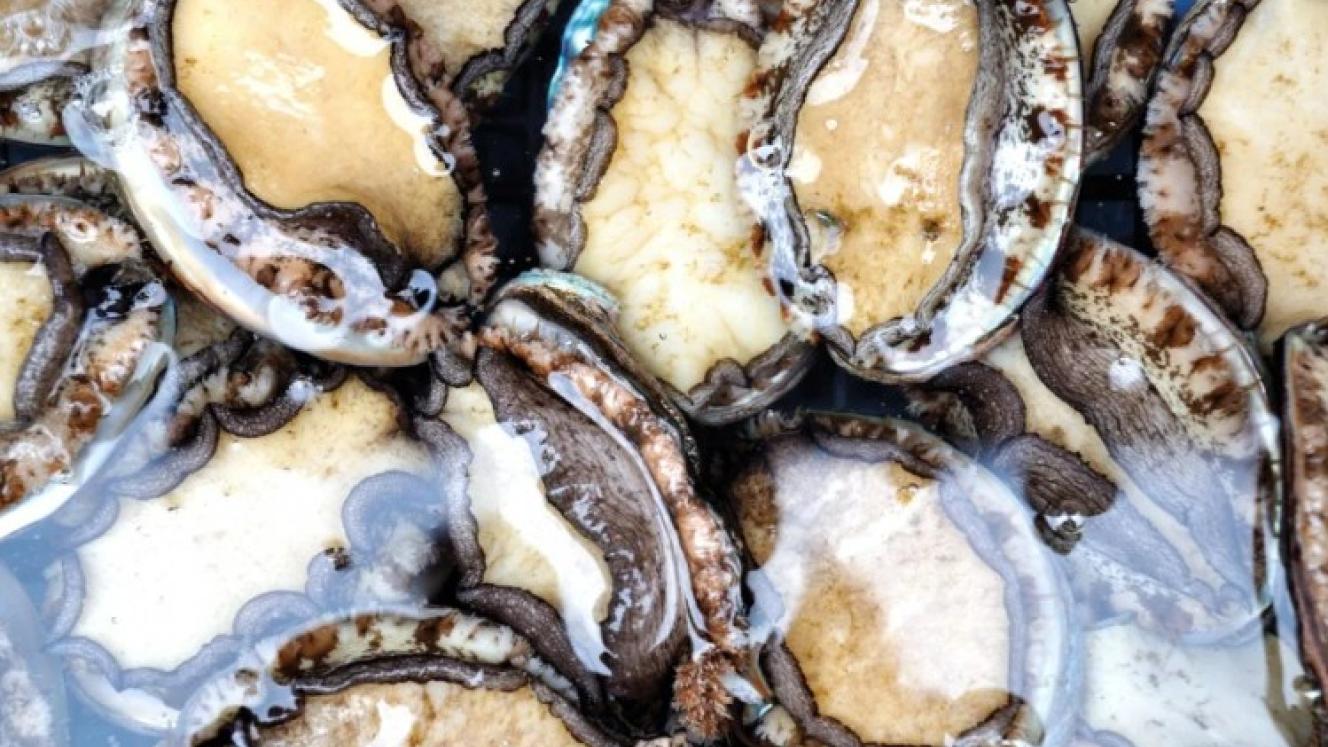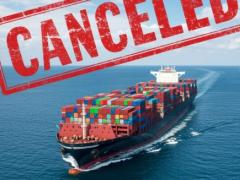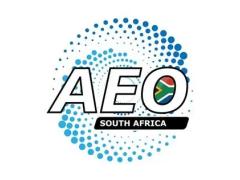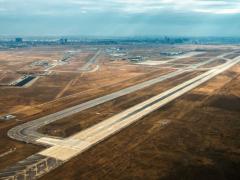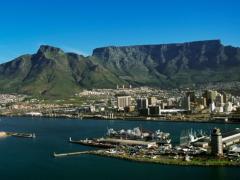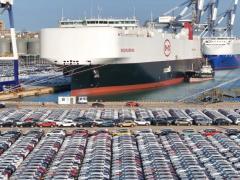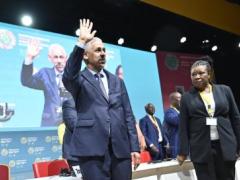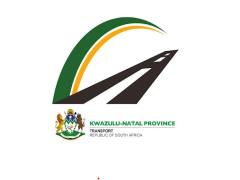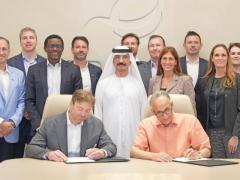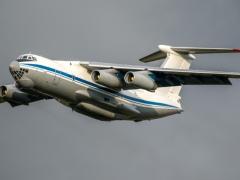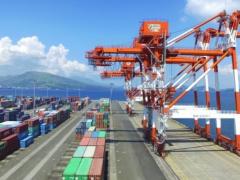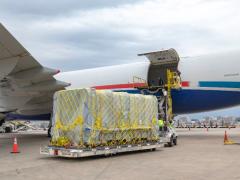WHEN FORWARDING specialist Expolanka Freight set up its South African operation five years ago, North America was its prime focus. Based on the opportunities provided for southern African textile exporters by the US African Growth and Opportunity Act (Agoa), the company focused on the export of textiles from the likes of Lesotho and Swaziland to the US, developing South Africa as a transhipment hub. And while the market itself has contracted, with a number of investors moving their manufacturing bases from Swaziland in particular to the likes of Cambodia and Vietnam, Expolanka has grown its market share, says SA-based director and CEO Shehan Seneviratne. “We are at present one of the largest textile exporters on the route and are bullish about future growth despite the many challenges facing our export clients.” Chief among these is the rising cost of bunkers. “The textile industry is highly competitive and very price-sensitive. An issue like the bunker adjustment factor impacts severely on southern African manufacturers who are likely to lose out to more price-competitive sources,” he said. The problem of equipment availability has also tested the industry, and it’s deteriorated over the past six months, says Seneviratne. “But because we’re MSC’s largest forwarding customer for textiles, they have to some extent given us preferential treatment.” With its North America service bedded down, opportunities in South America are now a strong focus – particularly in light of the recently-signed India-Brazil-South Africa (Ibsa) strategic alliance. And here Expolanka will be focusing on import opportunities from Brazil and Argentina with leather goods, motor industry spares and perishables on the potential list. “We’re already moving shipments from South America, but expect to see significant growth in volumes by the third quarter of the year.”
